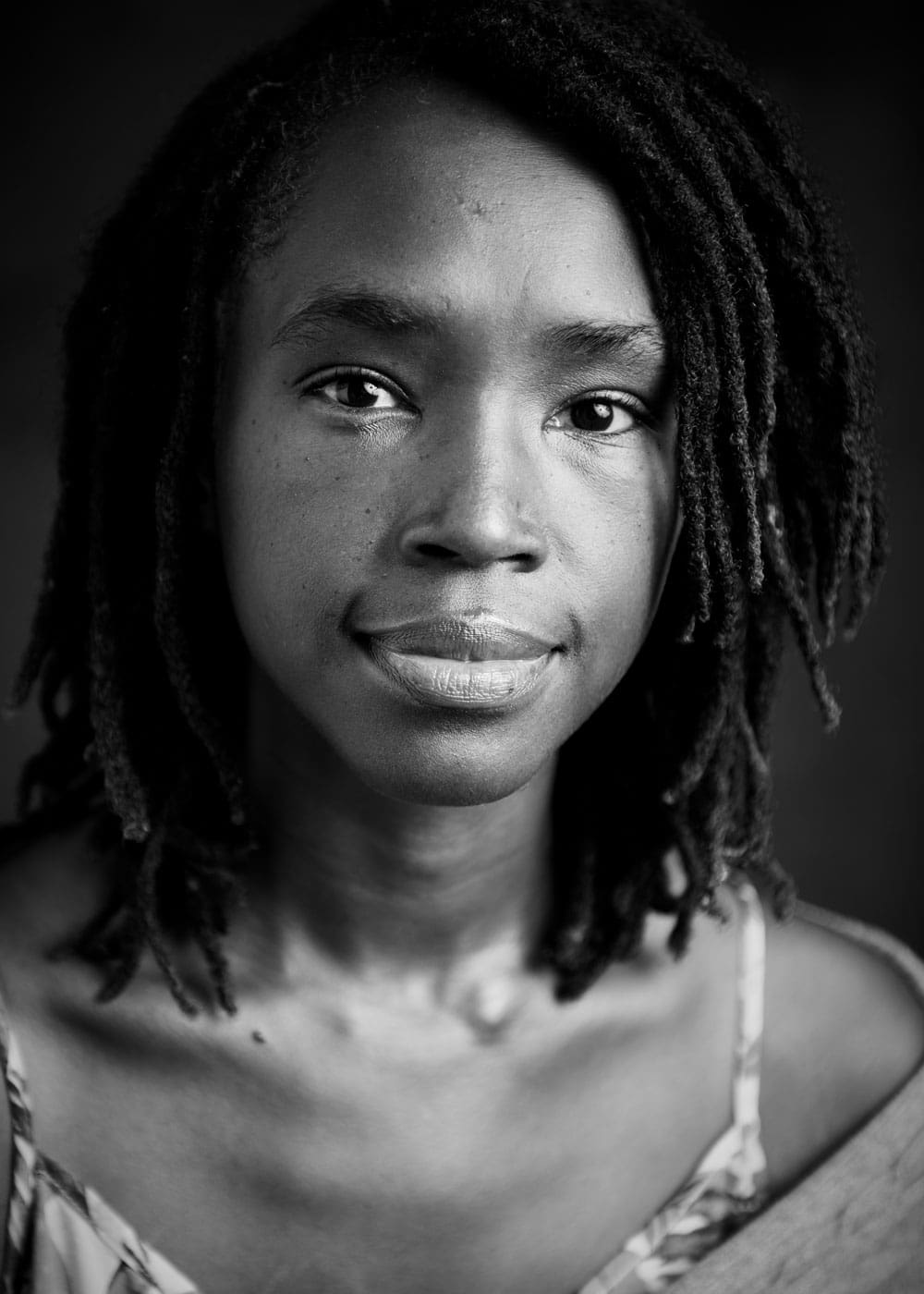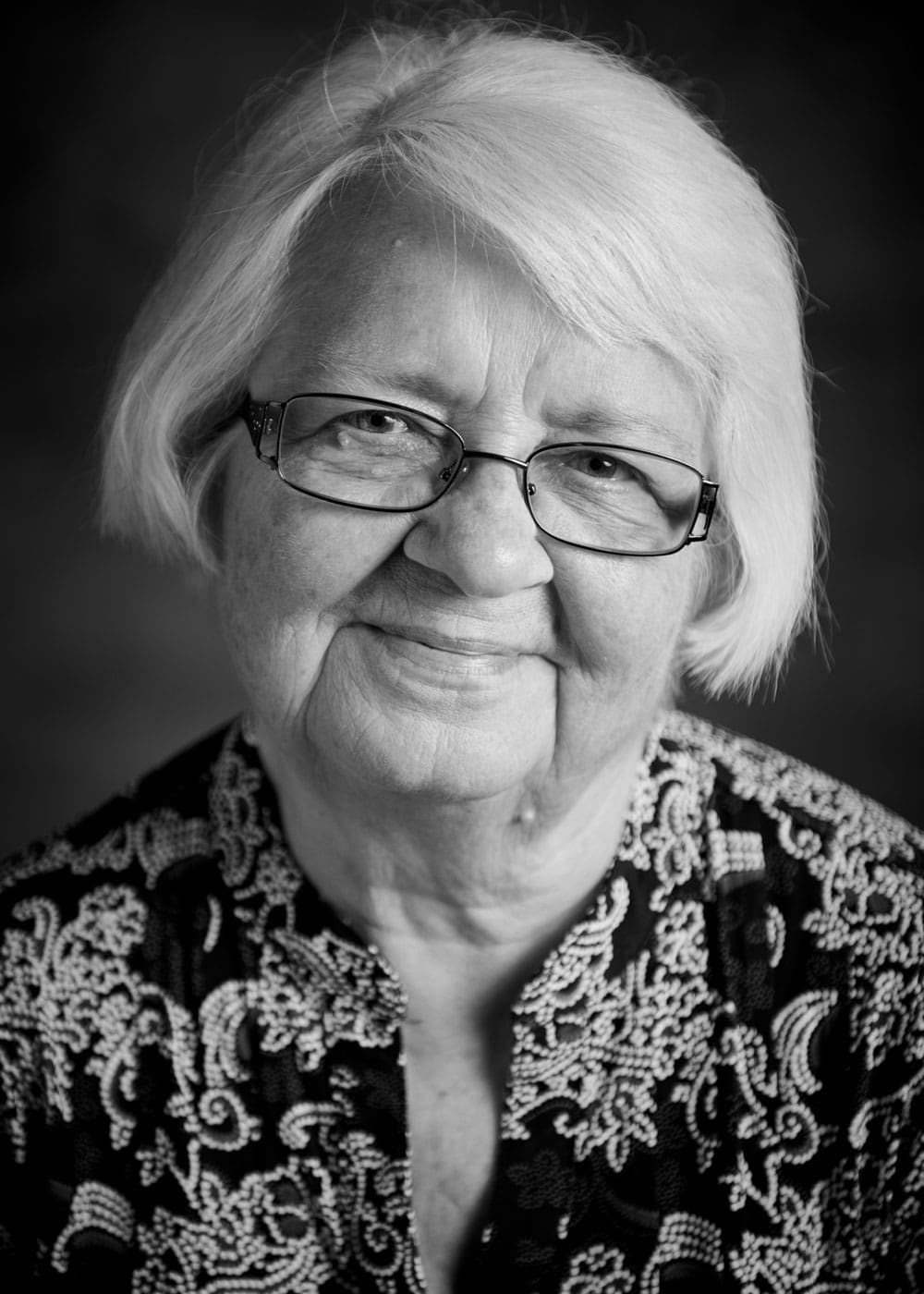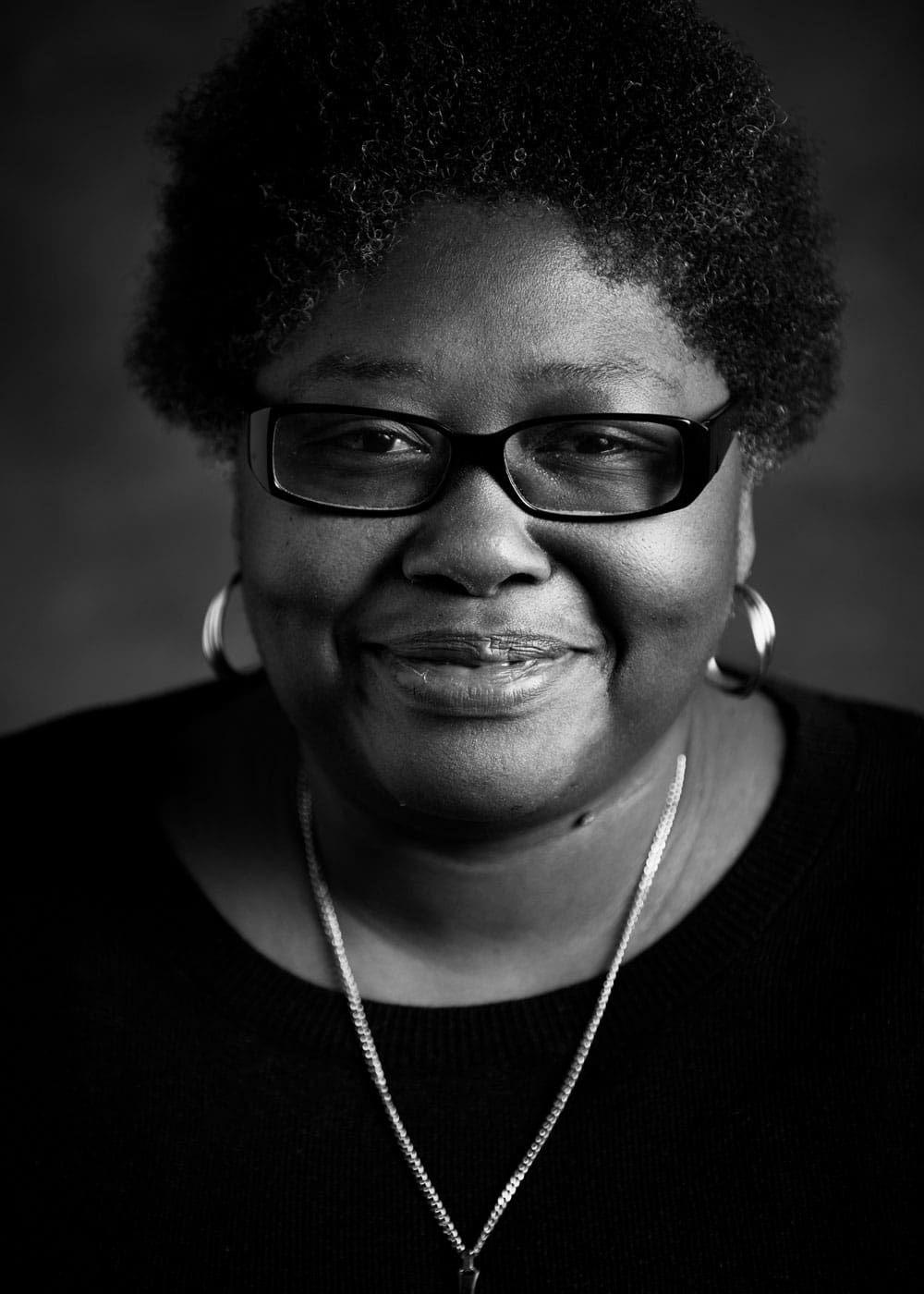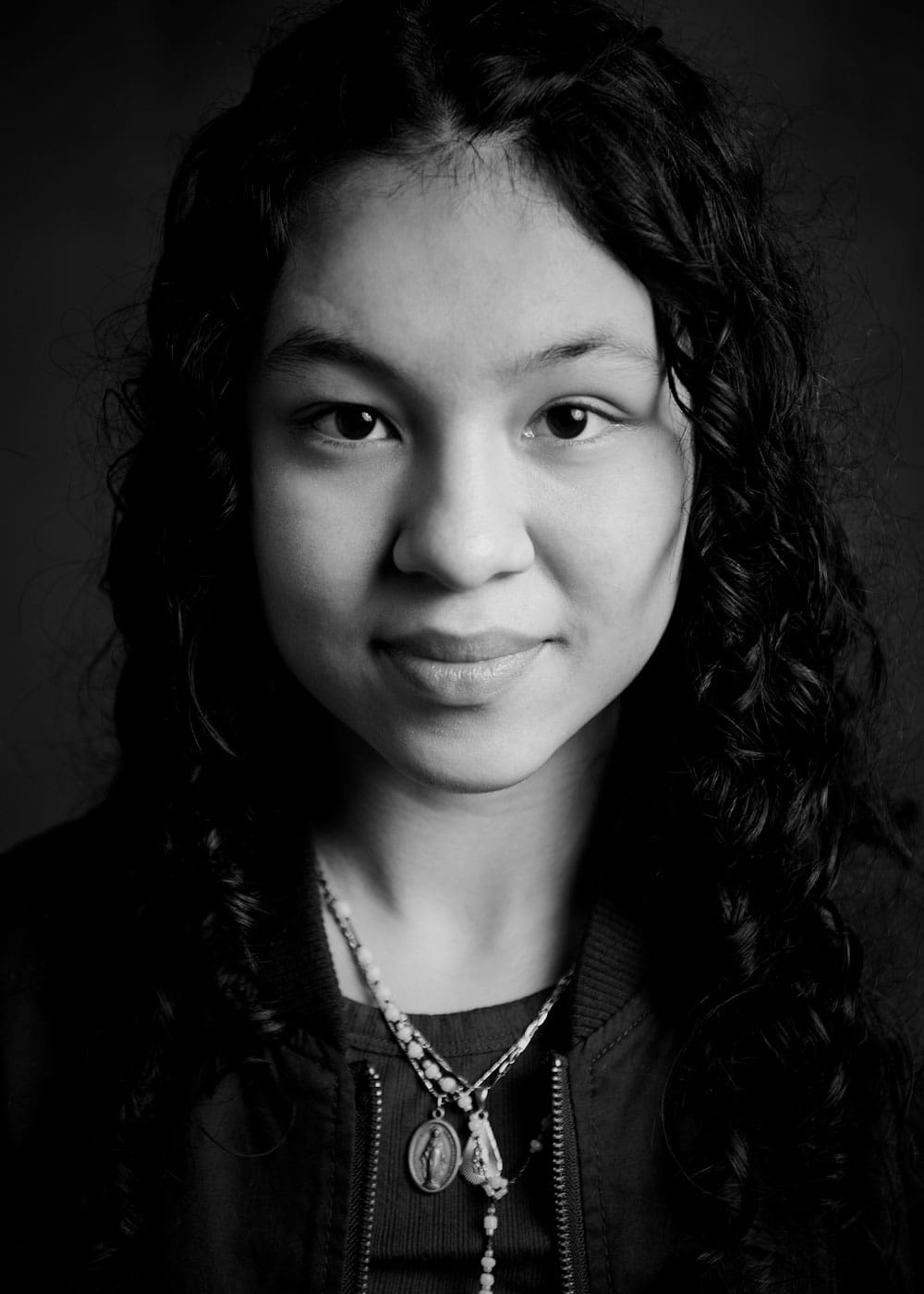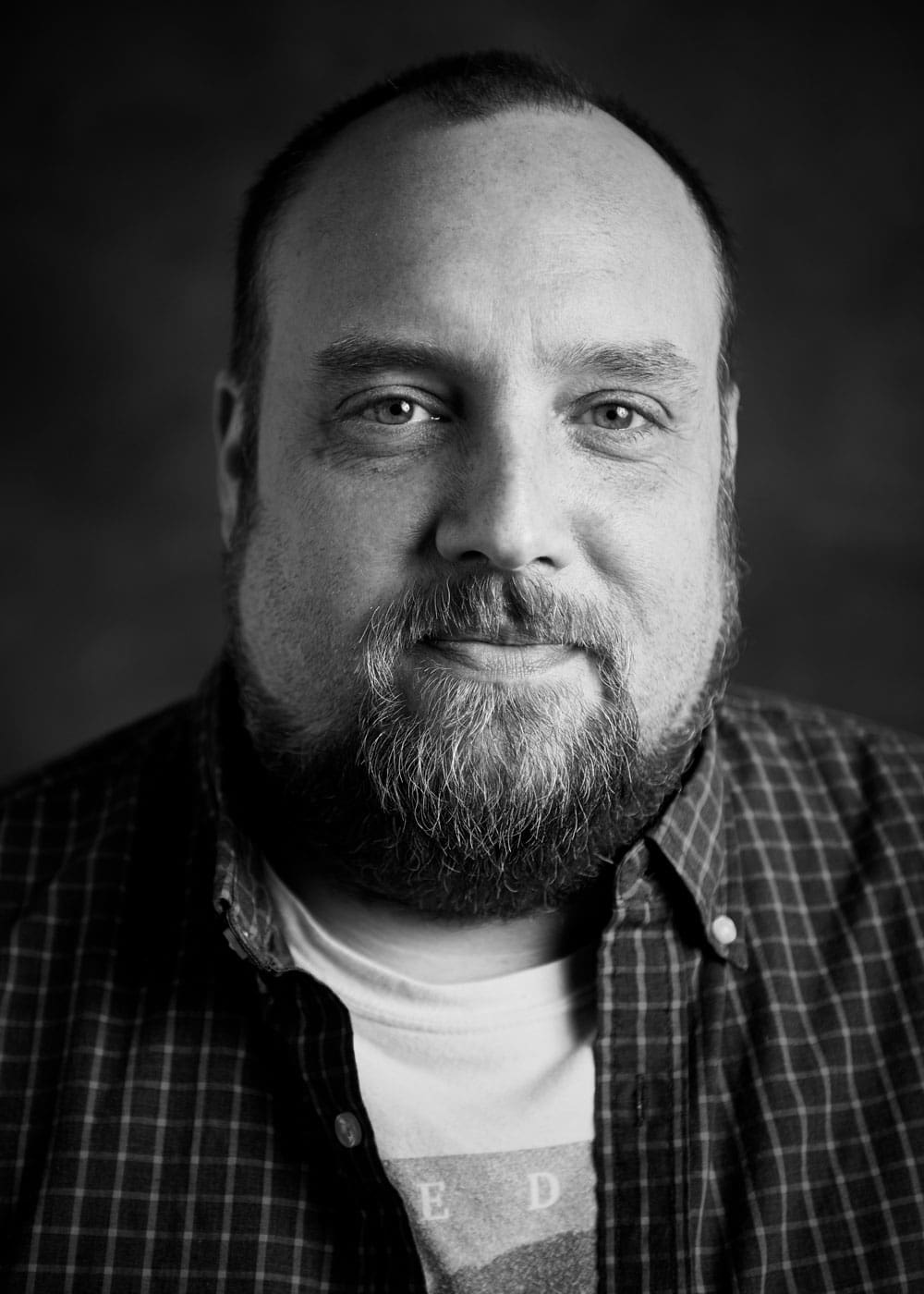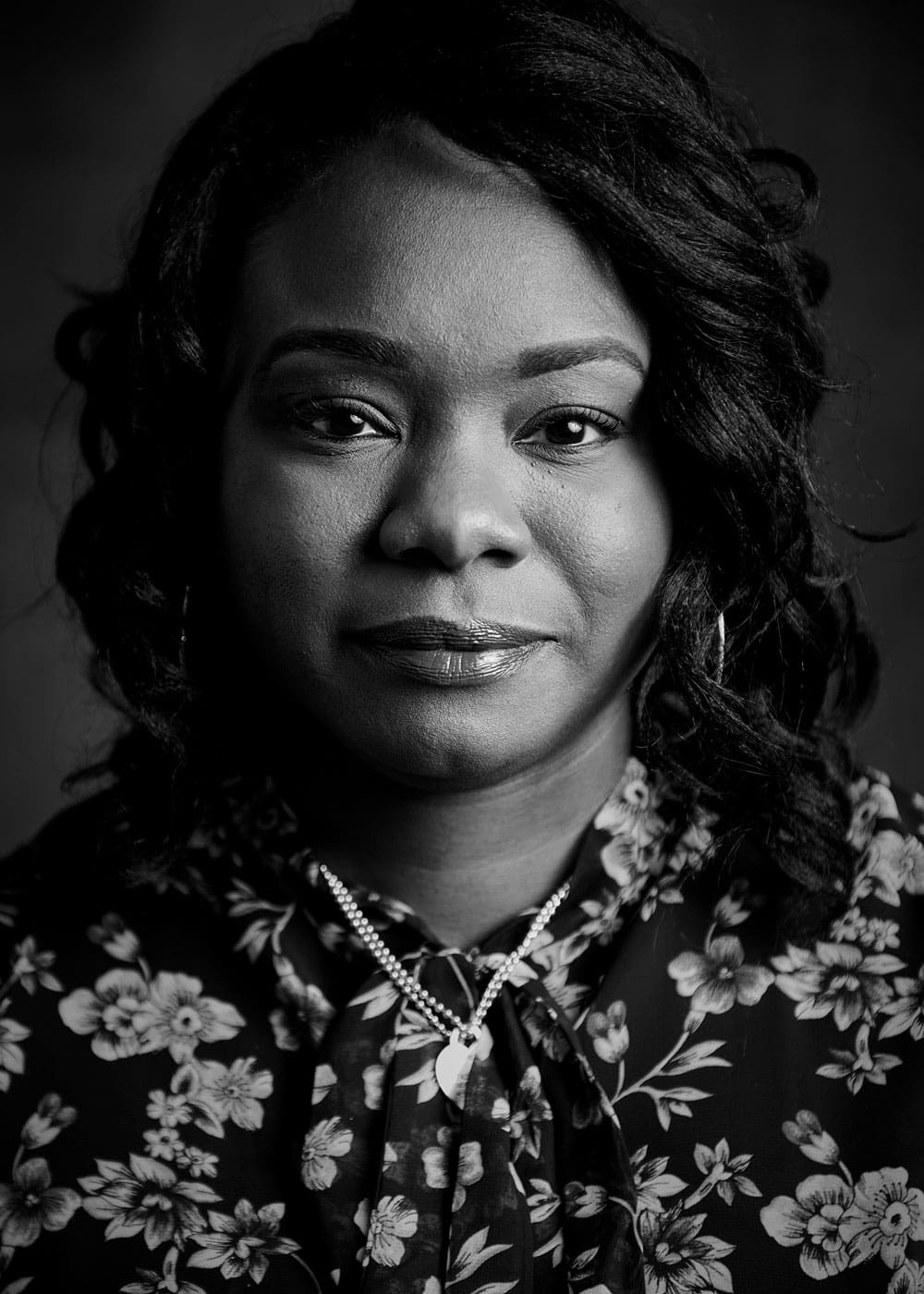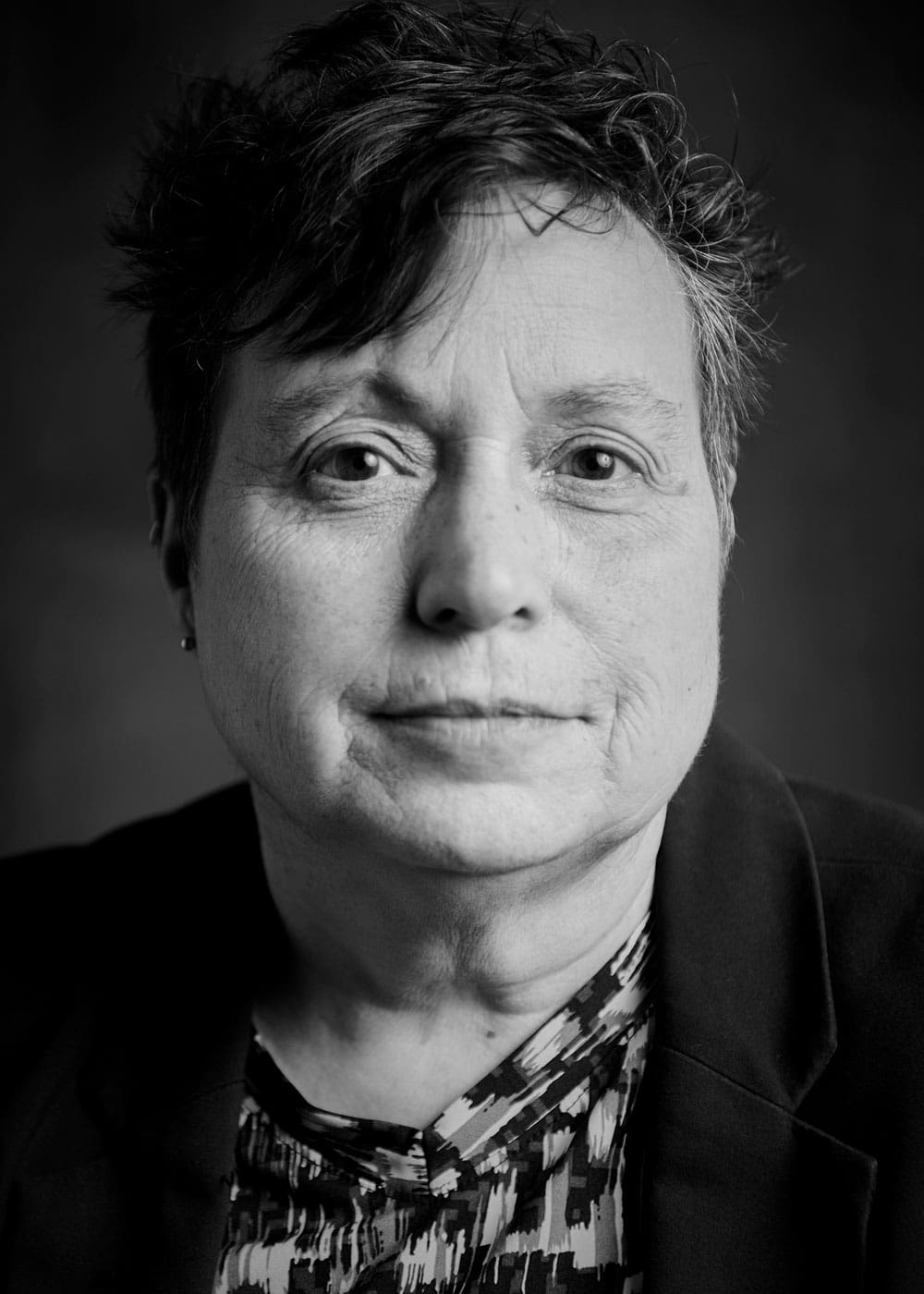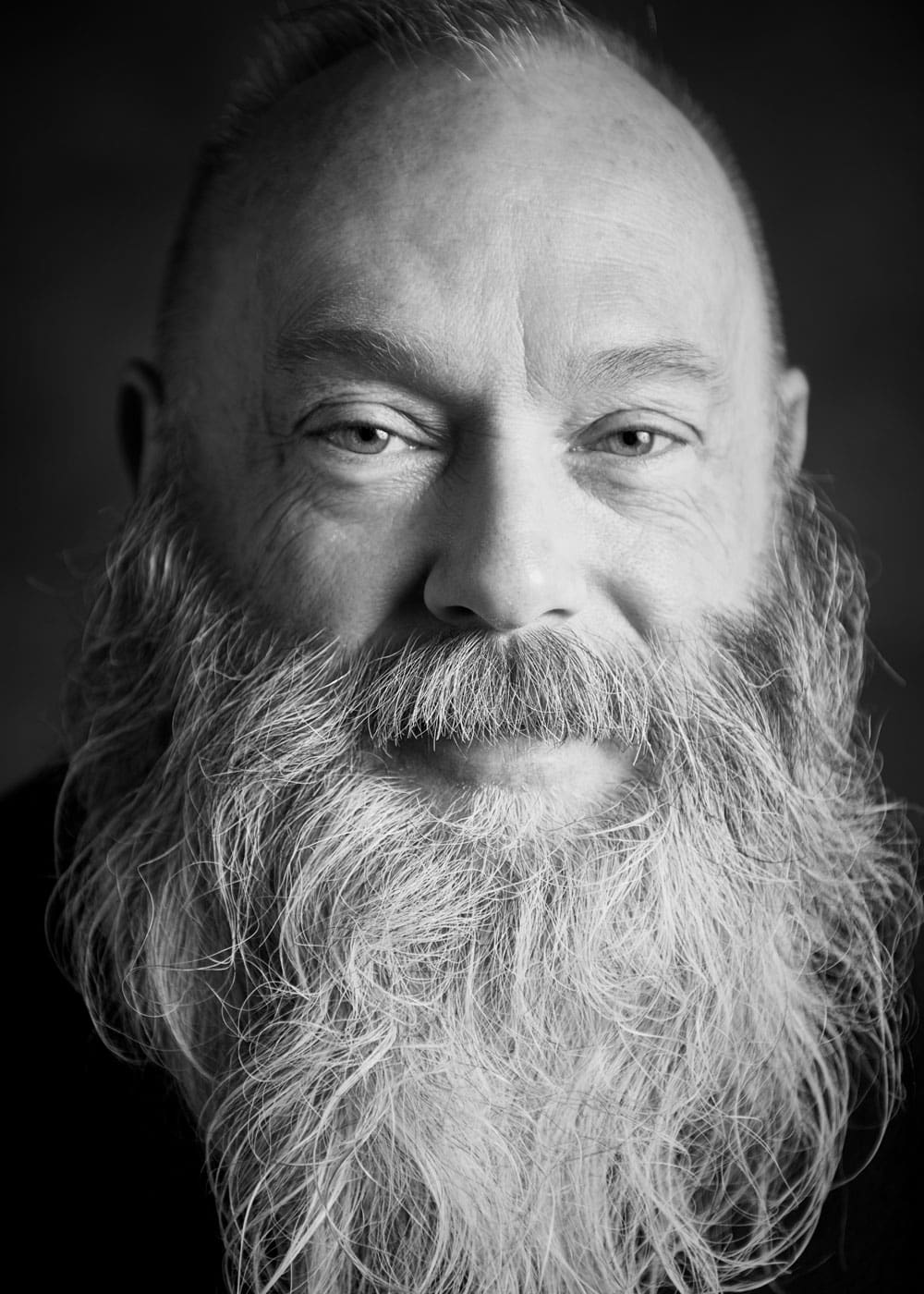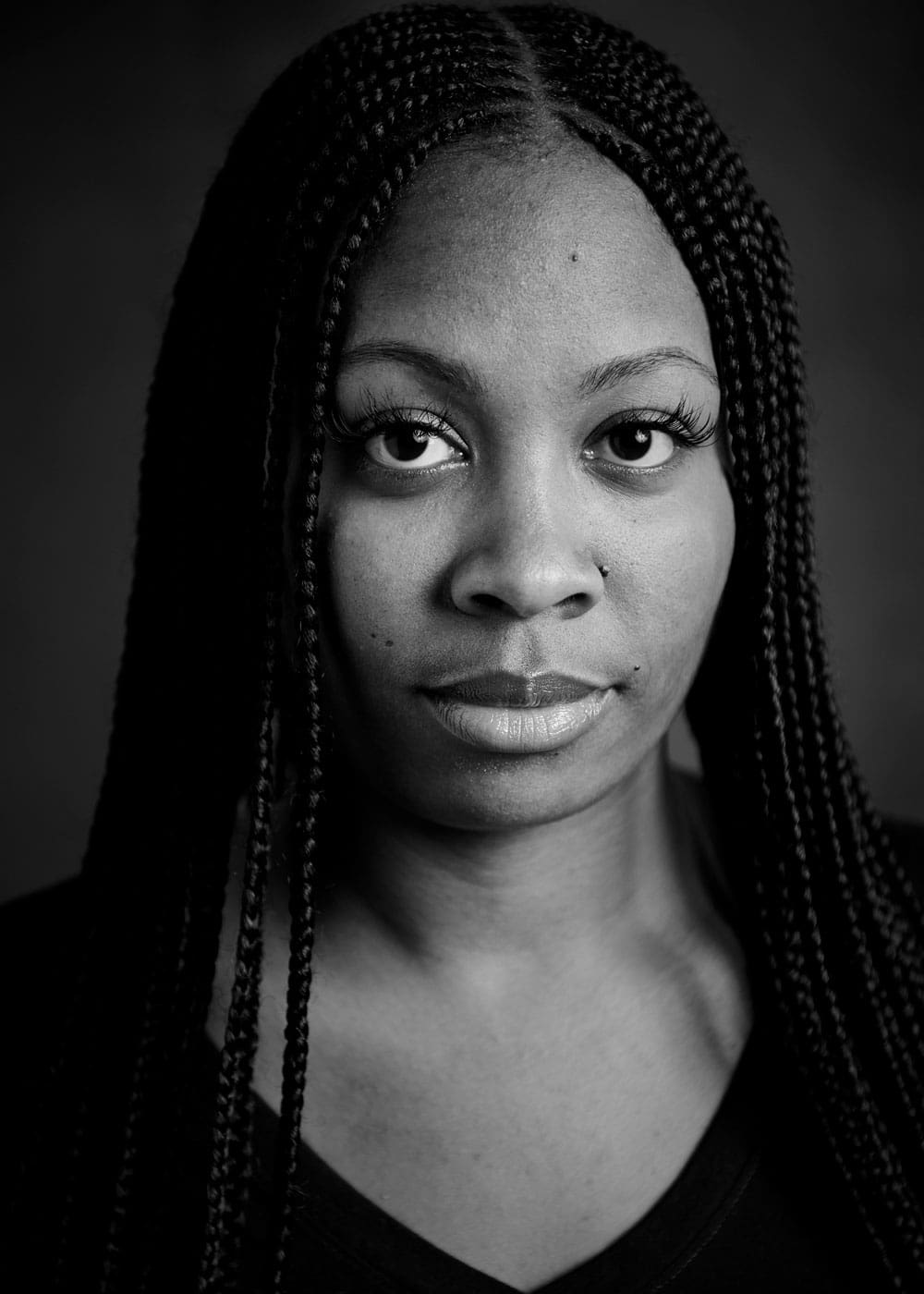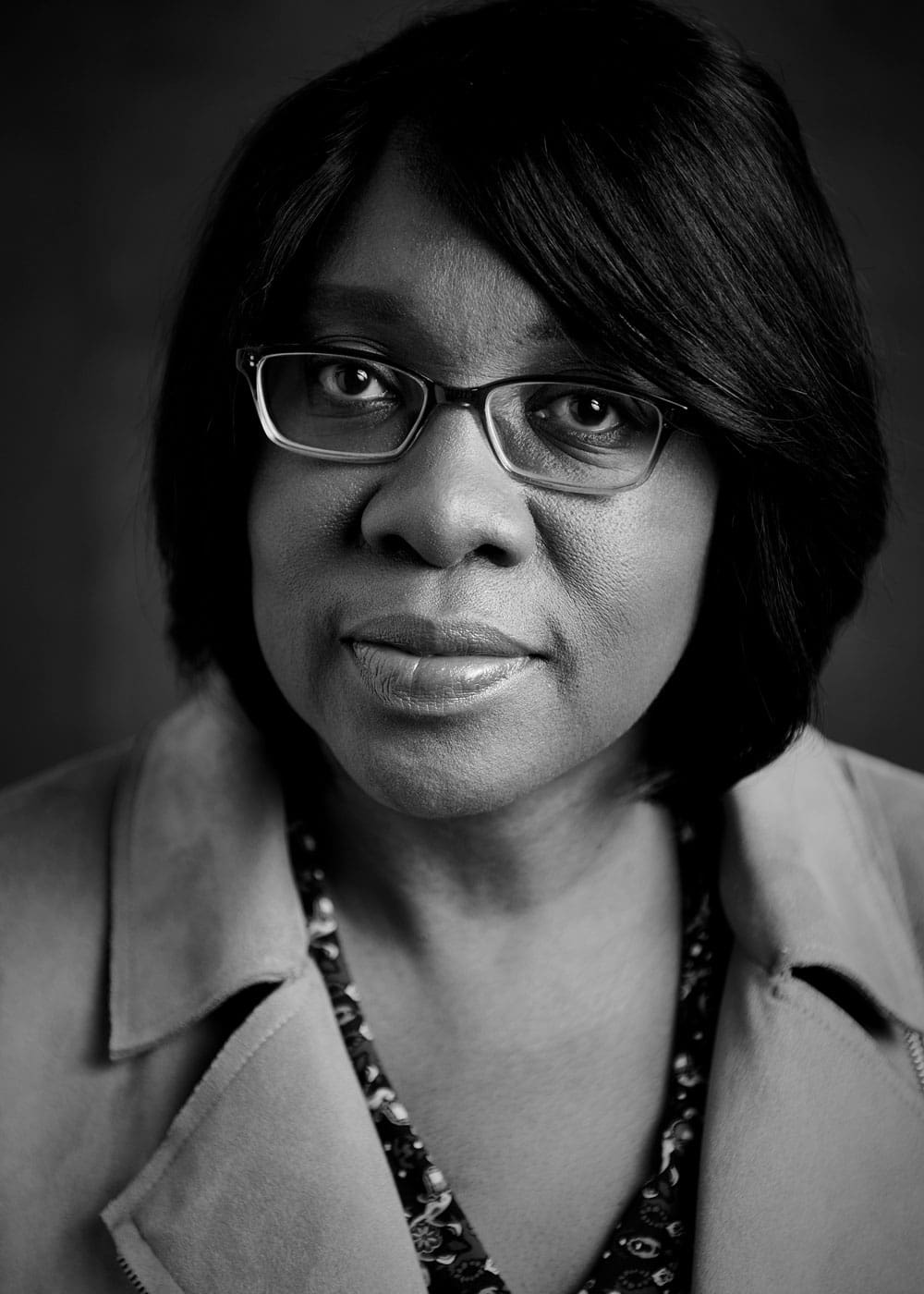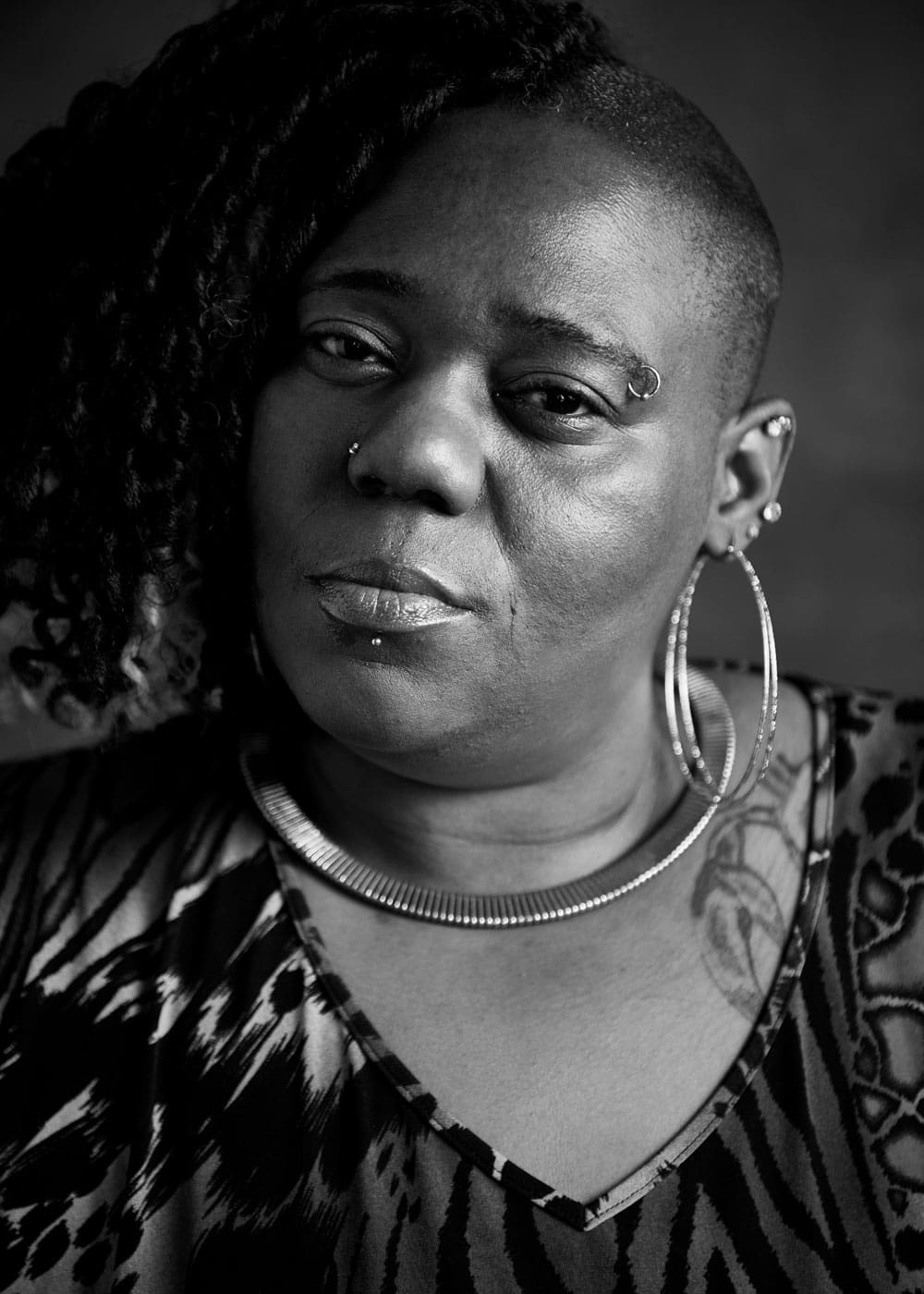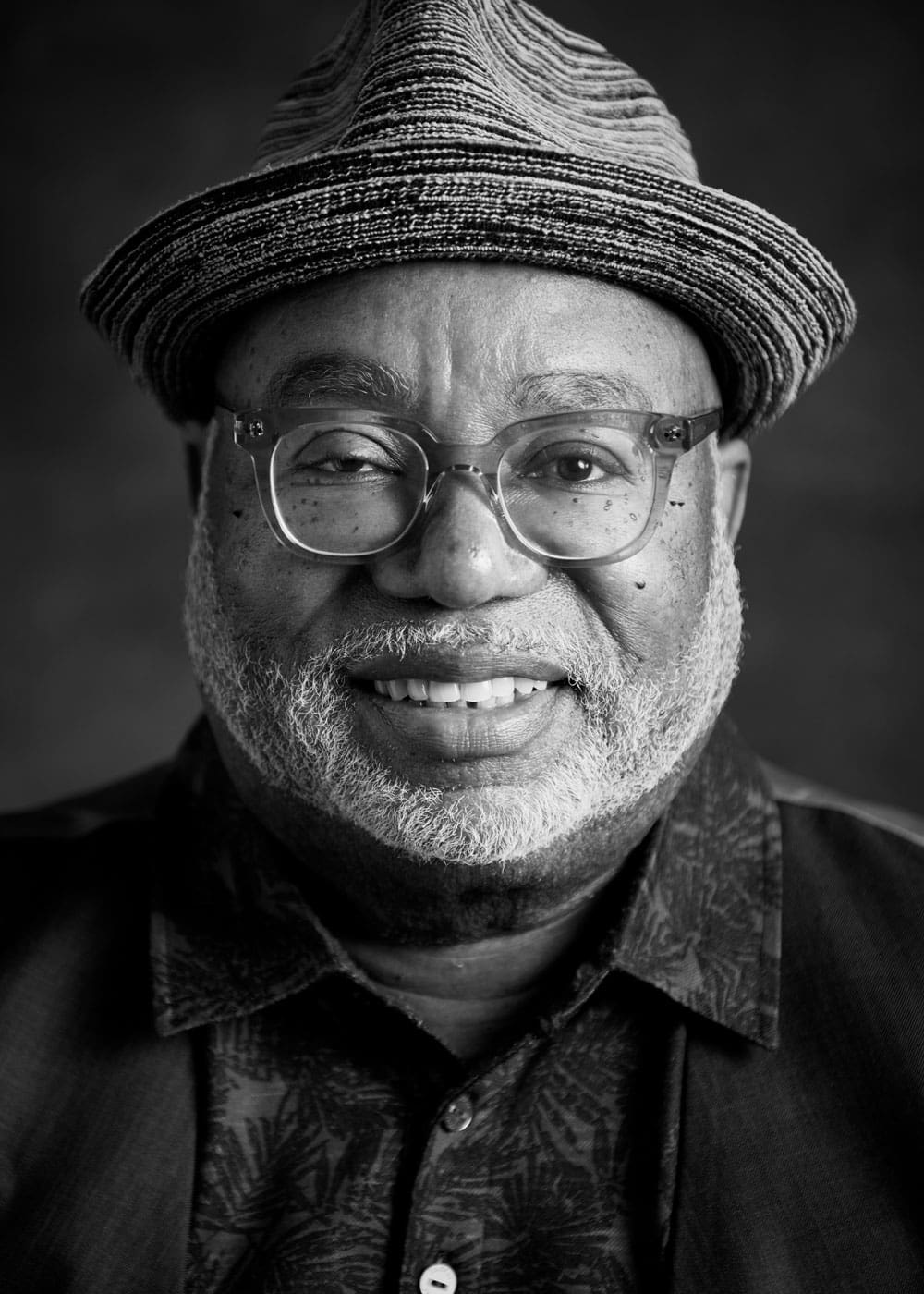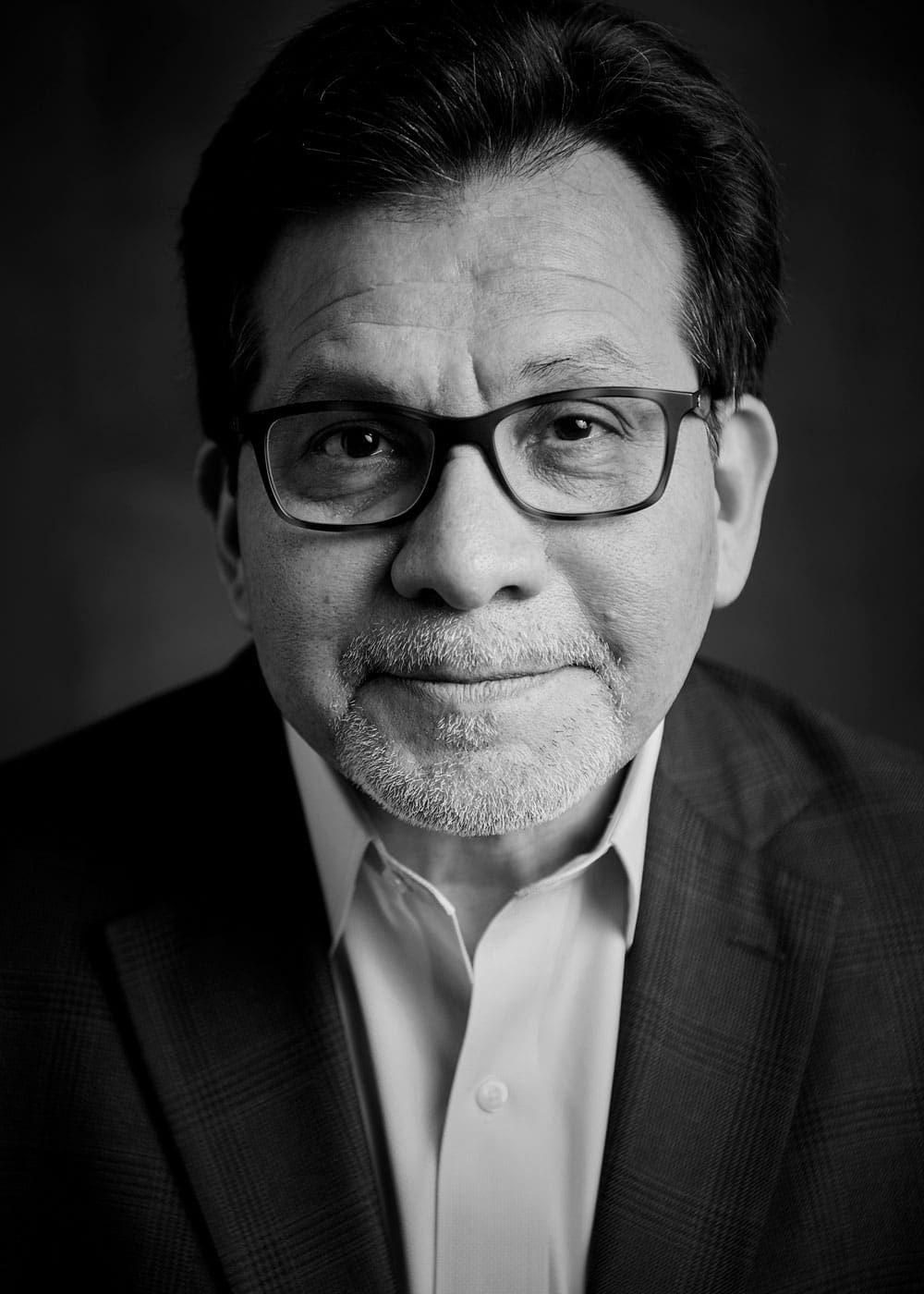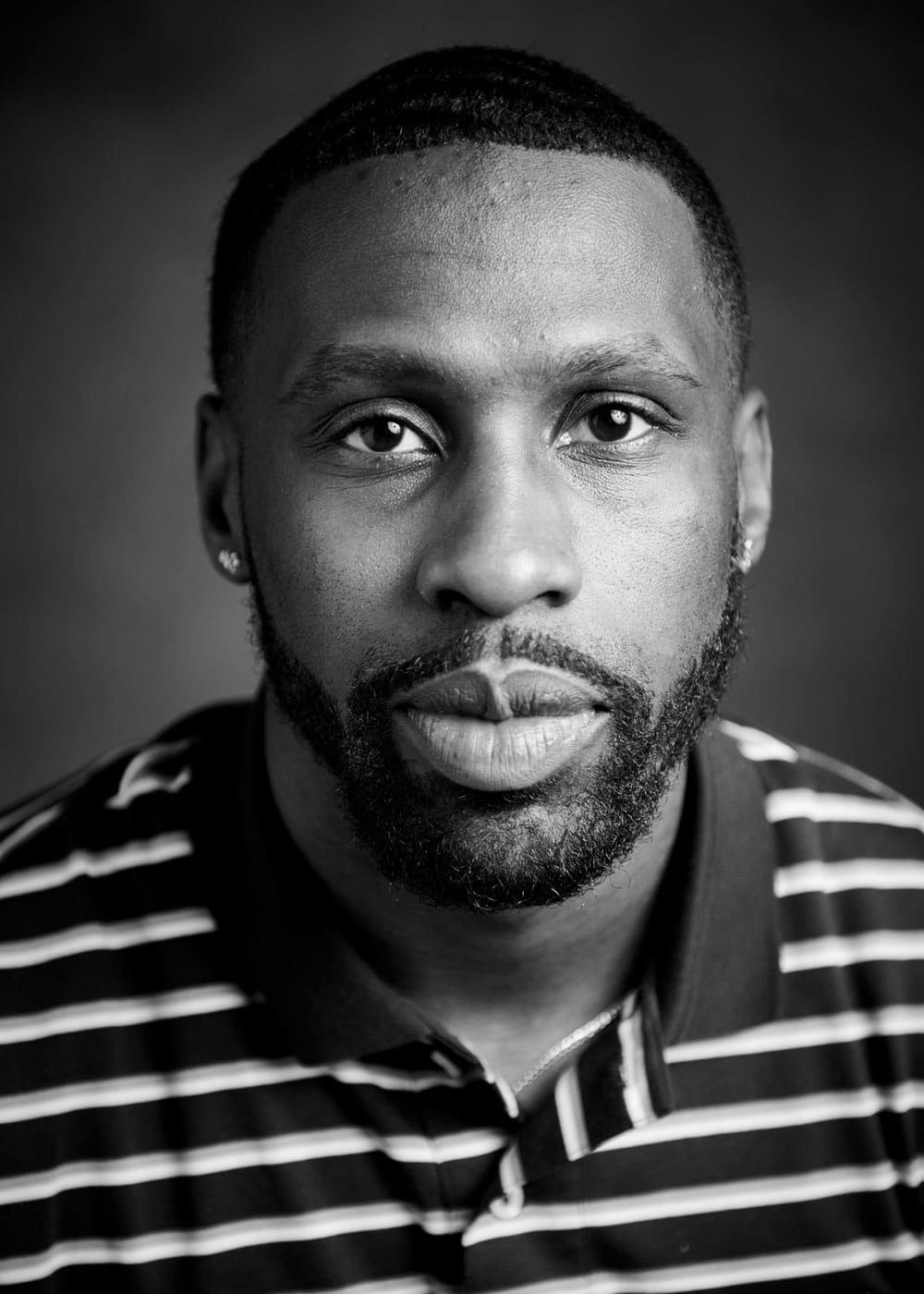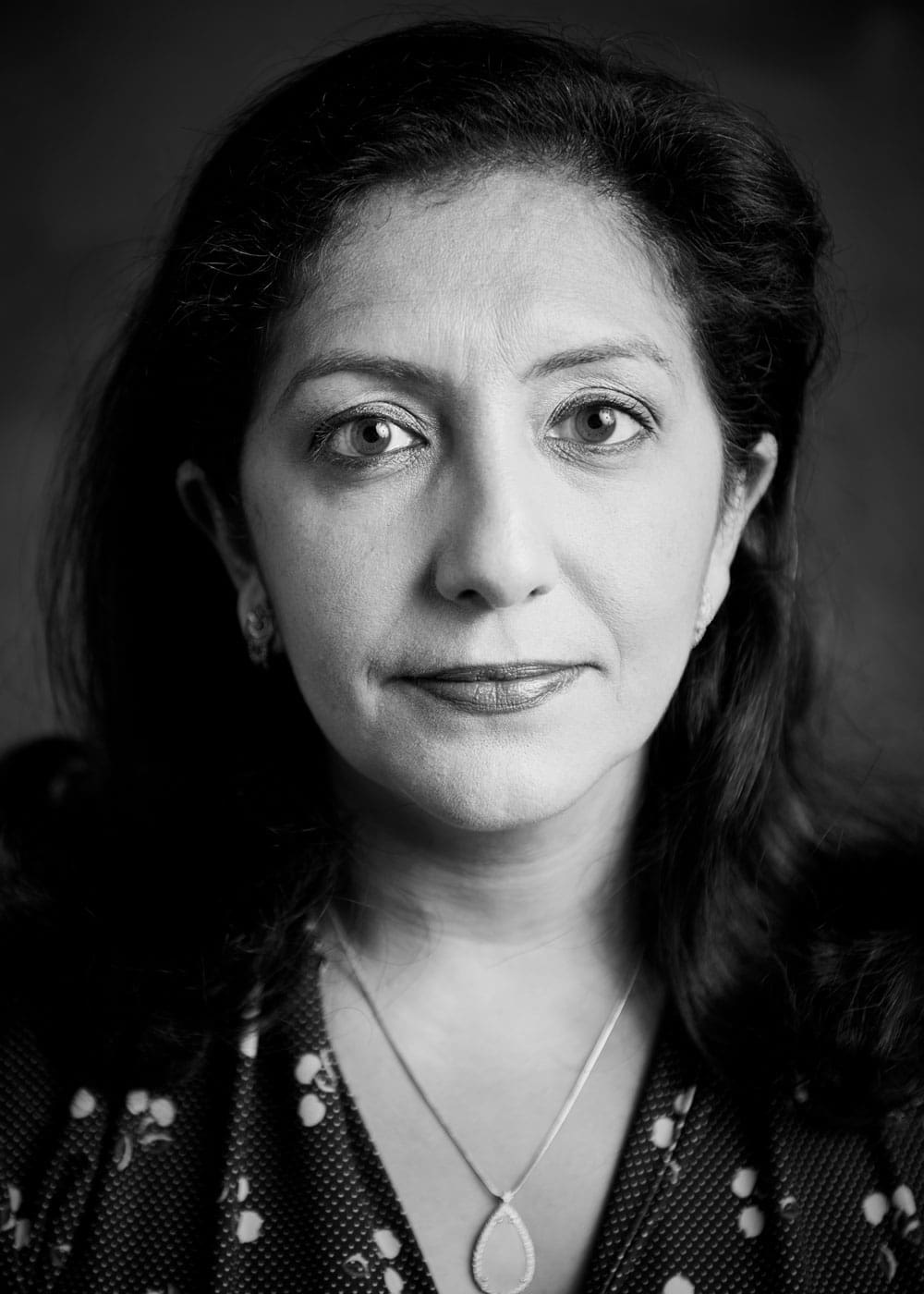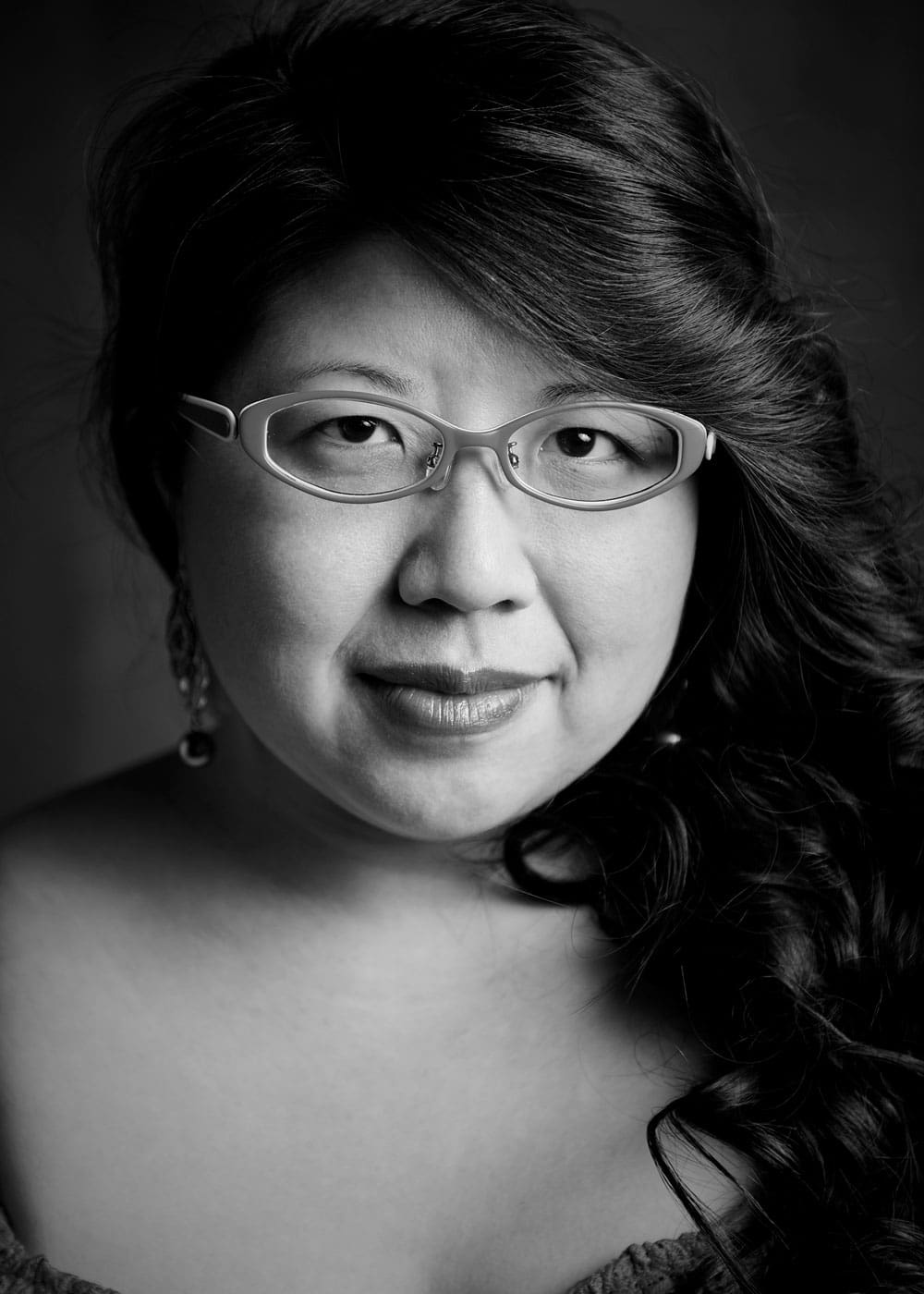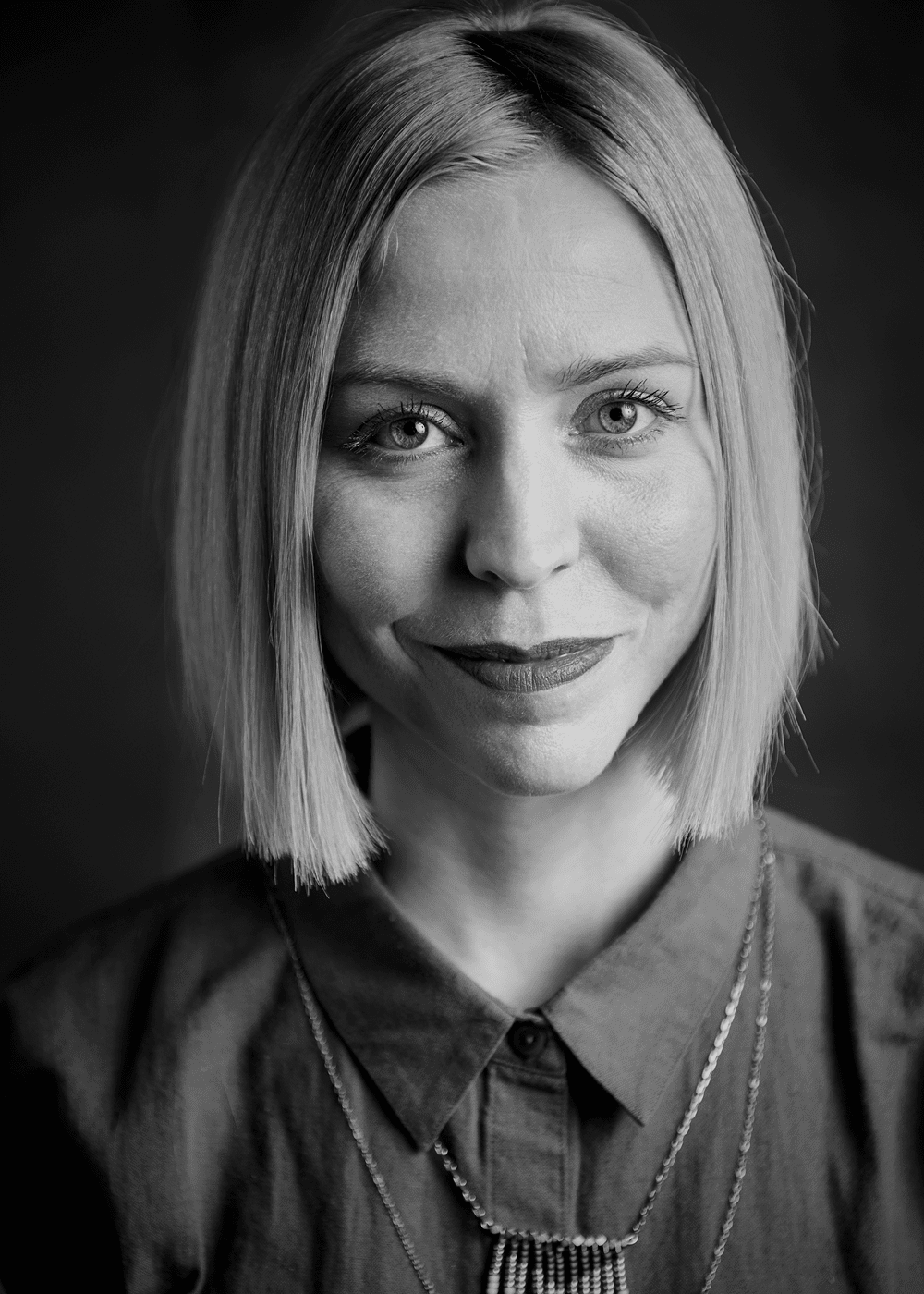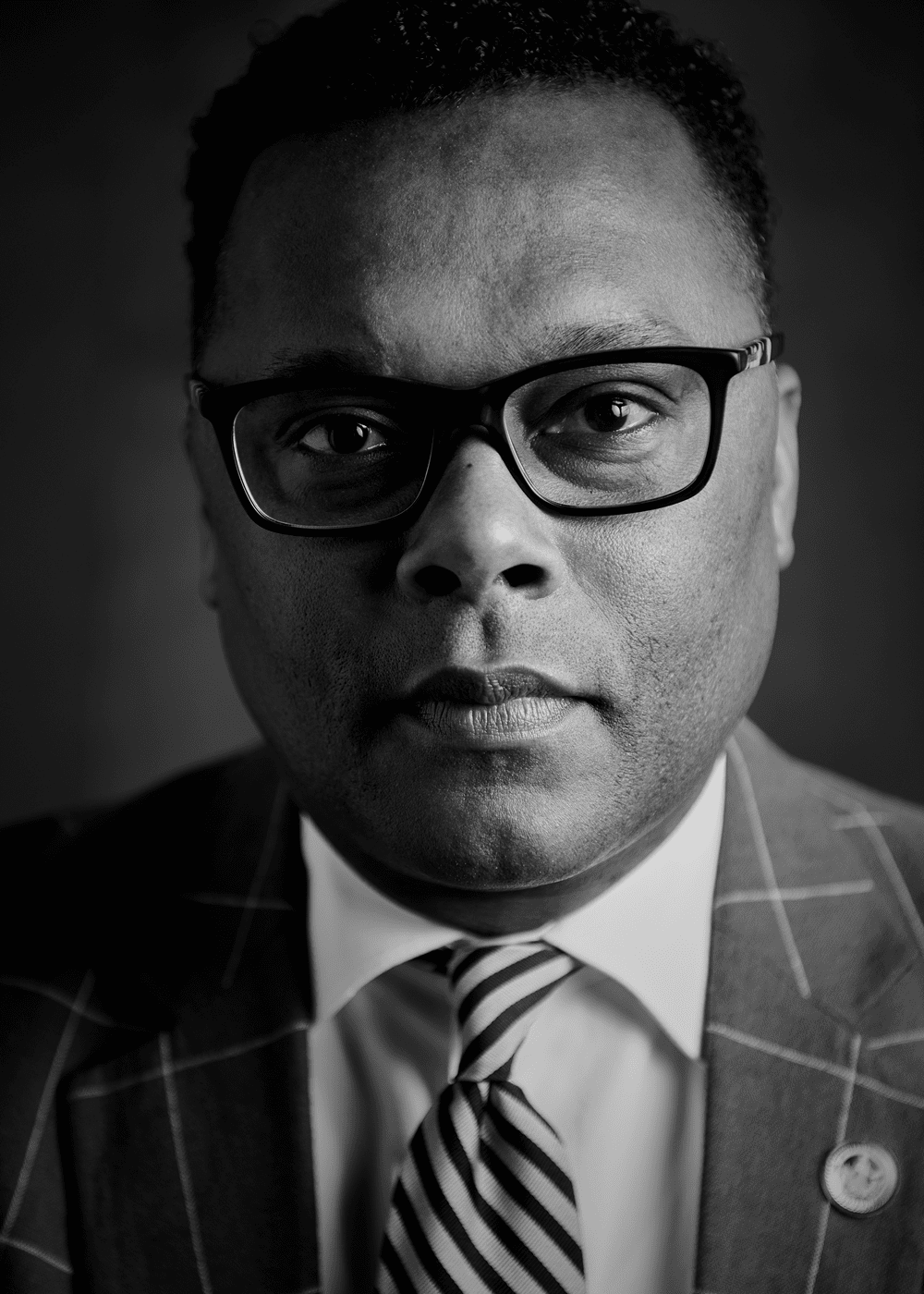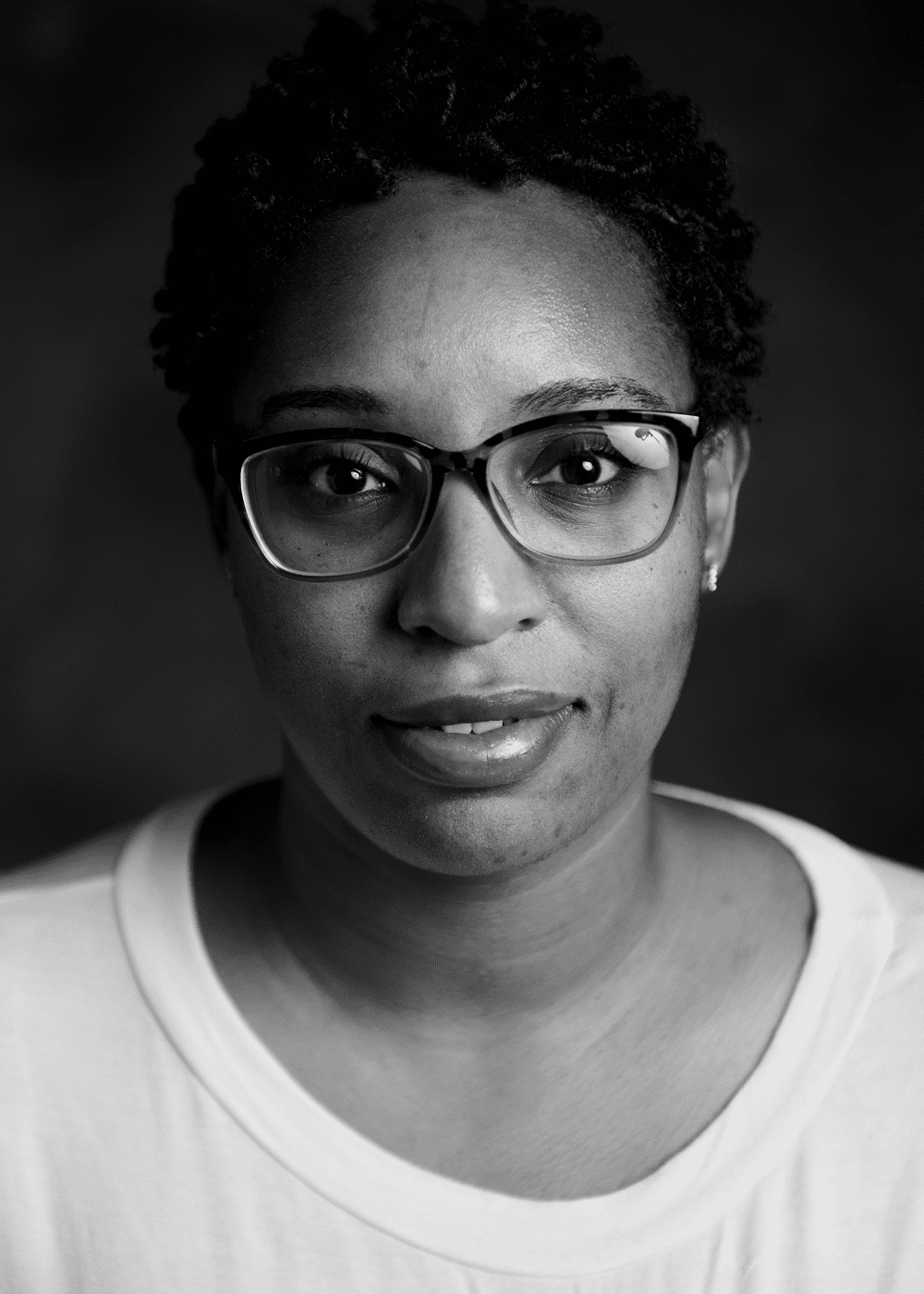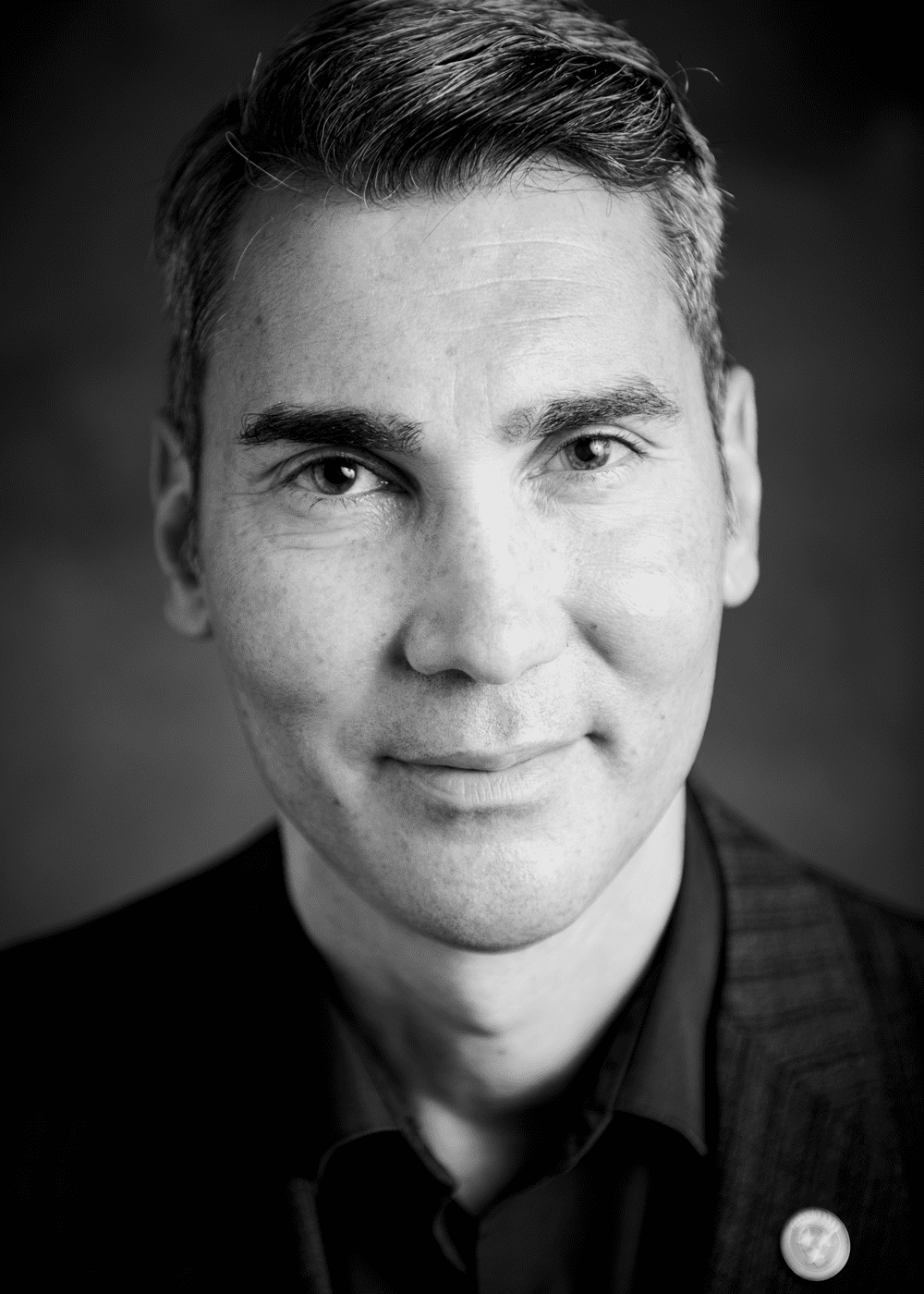Mikayla’s eyes light up when she talks about resilience.
There’s a quiet strength, a power to it. To working every day, not just to help families survive or even to overcome, but to help them find the strength and resilience from within to create something better for themselves and for their children. That’s what Mikayla’s work at The Family Center is all about. And her passion for the work is clear the moment you meet her.
Originally from Florida, Mikayla came to Nashville to study Criminal Justice at Tennessee State University. She put that education to work right away helping Nashville’s families through tough times in her roles at the Juvenile Justice Center, the Department of Children’s Services and now The Family Center.
“At The Family Center, we focus on serving families who have experienced trauma. With our family resilience, we work with both the parents and the children. And then we go out in the community … we train other organizations in ACEs or any other type of trauma-based training that they may need.”
Because they know that to create true resilience, it takes more than one more person—or one family. It takes a whole community surrounding those who are struggling and working to provide them with the tools and services they need to thrive.
“I had a client, she basically was like, ‘Hey, I just don’t know how to deal with my children at home. I’m with them 24/7 now because of COVID, and that is something completely new.’ She was a full-time, single mom and she needed our assistance. So, we were able to work with her through our Nurturing Families program. It’s a one-on-one program with basically the parent and the child, just to lay out some ground rules … what works, what doesn’t work, and to provide some coping mechanisms. It kind of helps focus on empathy communication so they can build a stronger relationship. So that trauma in the future doesn’t happen.”

